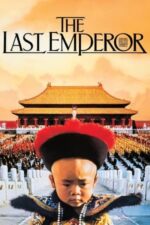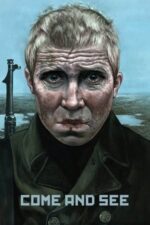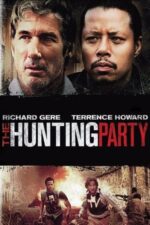Beyond the Battlefield: Exploring War Crimes Through Cinema
Hey everyone! Let’s talk about something heavy but incredibly important today: war crimes. It's a topic that often gets lost in the grand narratives of conflict, reduced to statistics and political maneuvering. But at its core, it’s about individual suffering, systemic injustice, and the profound responsibility we all have to acknowledge atrocities. And thankfully, cinema has consistently stepped up to grapple with this complex reality – sometimes directly, sometimes through a more nuanced lens.
Now, when I say "war crimes," we're talking about serious violations of international humanitarian law. Think deliberate targeting of civilians, torture, forced displacement, and the destruction of cultural heritage - actions that transcend the rules of engagement and strike at the very heart of human decency. It’s a difficult subject to confront, but these films offer vital perspectives.
Take "Kherson: Human Safari," for example. This documentary isn't about grand strategies or political pronouncements; it's about Valentyna, a journalist risking everything to document the brutality unfolding in her city under Russian occupation. The sheer courage of ordinary people facing extraordinary circumstances is what truly resonates. It’s a stark reminder that war crimes aren't abstract concepts – they are lived experiences, etched into the memories and landscapes of real communities. It reminded me a bit of Christiane Amanpour’s reporting during the Bosnian War; you see the human cost so clearly.
Then there's "Soundtrack to a Coup d'Etat," which uses jazz music as a powerful counterpoint to the political turmoil in Congo. It highlights how foreign powers often exploit newly independent nations, and the film doesn’t shy away from depicting the assassination of Patrice Lumumba – a chilling example of interference and its devastating consequences. It’s a fascinating look at how cultural diplomacy can be twisted into a tool for manipulation.
Beyond direct depictions of conflict, films like "Paragraph 175" reveal the insidious ways regimes weaponize prejudice to commit atrocities. The persecution of homosexual men under Nazi Germany is often overlooked in discussions about the Holocaust, but it’s an essential part of understanding the regime's systematic dehumanization. It’s a painful reminder that oppression takes many forms.
Even films like "Andersonville," focusing on a Civil War POW camp, touch upon themes relevant to war crimes – the deliberate infliction of suffering, the abuse of power, and the resilience of the human spirit in the face of unimaginable hardship.
Ultimately, these films aren't just about documenting past events; they’re about prompting reflection. They challenge us to confront uncomfortable truths, examine our own complicity (or lack thereof), and strive for a world where such atrocities are never repeated. They remind us that remembering – truly remembering – is the first step towards preventing future horrors.
What do you think? Which films have made you grapple with these difficult issues? Let’s discuss!







































